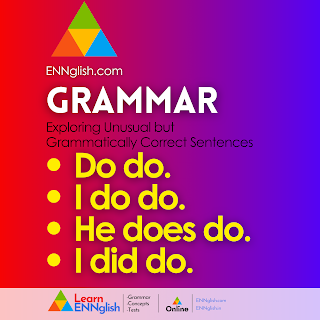Perfect participle - having had & having been.

Perfect participle: Can 'been and had' be used as V3 after having? I wanted to share with you a recent interaction I had with the LearnEnglish team from the British Council regarding the usage of "be" and "have" with perfect participles in English. This is a topic that many language lovers and learners like us often encounter in our studies and teaching endeavours. In my inquiry to the LearnEnglish team, I sought clarification on the correct and usual usage of "be" and "have" with perfect participles in modern English . Specifically, I was interested in understanding the grammatical rules and contexts in which such constructions are considered appropriate. ------------- Remember. Be and Have are not action verbs . ------------- The LearnEnglish team, represented by Kirk, Jonathan and Peter, provided valuable insights into this matter. They confirmed that using "been" and "had" with perfect participles (e.g...



